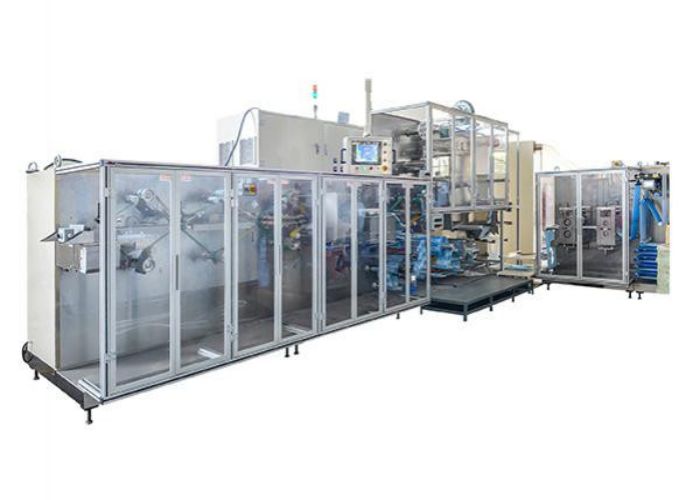
What is custom automation equipment?
2023-03-17 22:00Custom automation equipment refers to the machinery and tools designed and built to automate specific manufacturing processes. These machines are tailored to the specific requirements of a manufacturer to optimize production efficiency, reduce labor costs, and improve product quality. Custom automation equipment can be used in various industries, including automotive, aerospace, pharmaceuticals, food and beverage, and electronics.
The development of custom automation equipment starts with an understanding of the manufacturer's needs and requirements. This involves a thorough analysis of the manufacturing process, including the materials used, the desired production output, and the quality standards. Based on this analysis, engineers design and build machines that can perform specific tasks, such as assembly, packaging, labeling, and inspection.

Custom automation equipment can range from simple machines that perform a single task to complex systems that integrate multiple processes. These machines can be designed for various levels of automation, from semi-automated machines that require some human intervention to fully automated systems that can operate with minimal human supervision.
The benefits of custom automation equipment are numerous. First and foremost, these machines can significantly reduce labor costs by automating repetitive tasks that would otherwise require human intervention. This also improves production efficiency by reducing the time it takes to complete a manufacturing process. Additionally, custom automation equipment can improve product quality by eliminating human error and ensuring consistency in the manufacturing process.
In conclusion, custom automation equipment is an essential tool for modern manufacturing. These machines are designed to meet the specific needs of a manufacturer, optimize production efficiency, reduce labor costs, and improve product quality. As technology advances, the use of custom automation equipment will continue to grow, enabling manufacturers to produce high-quality products more efficiently and cost-effectively.
